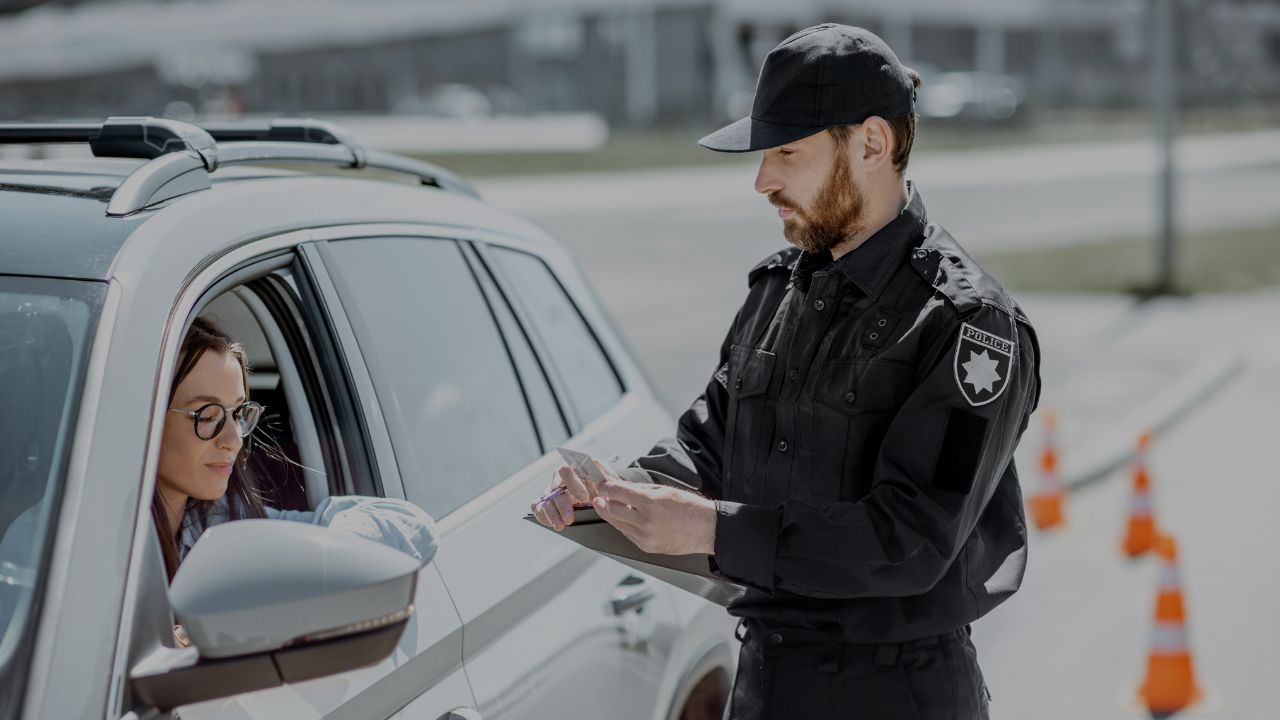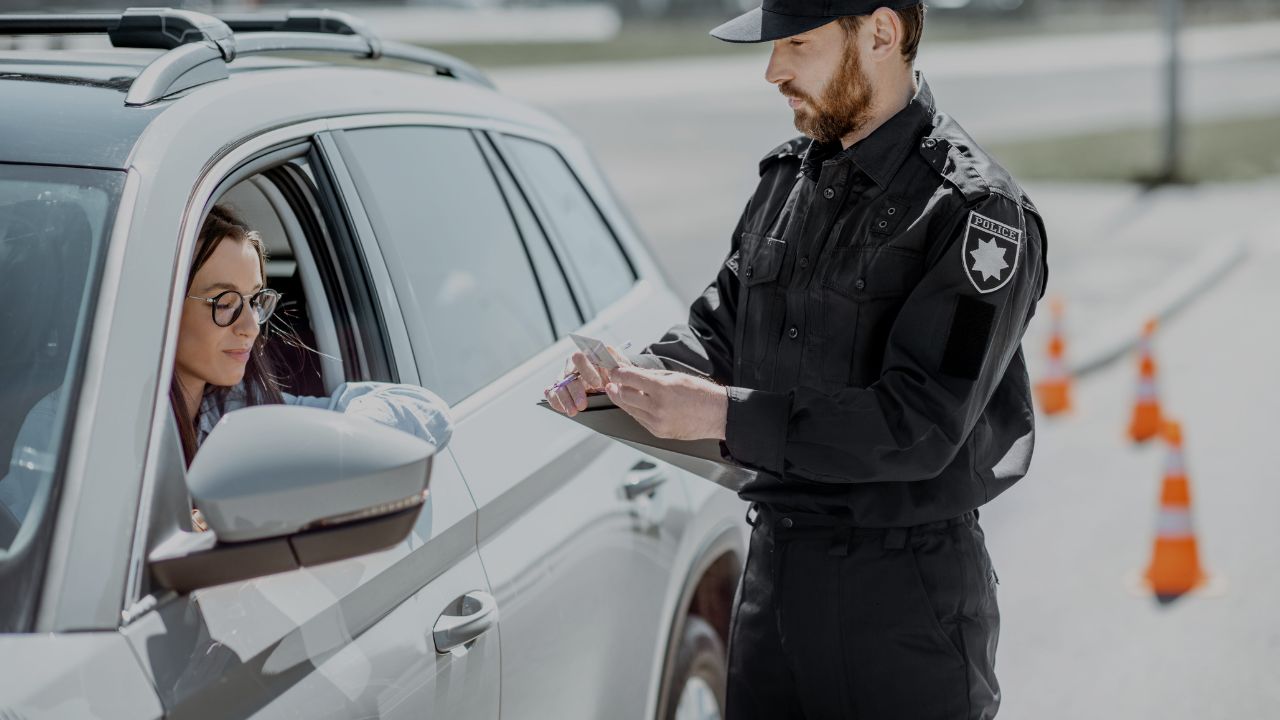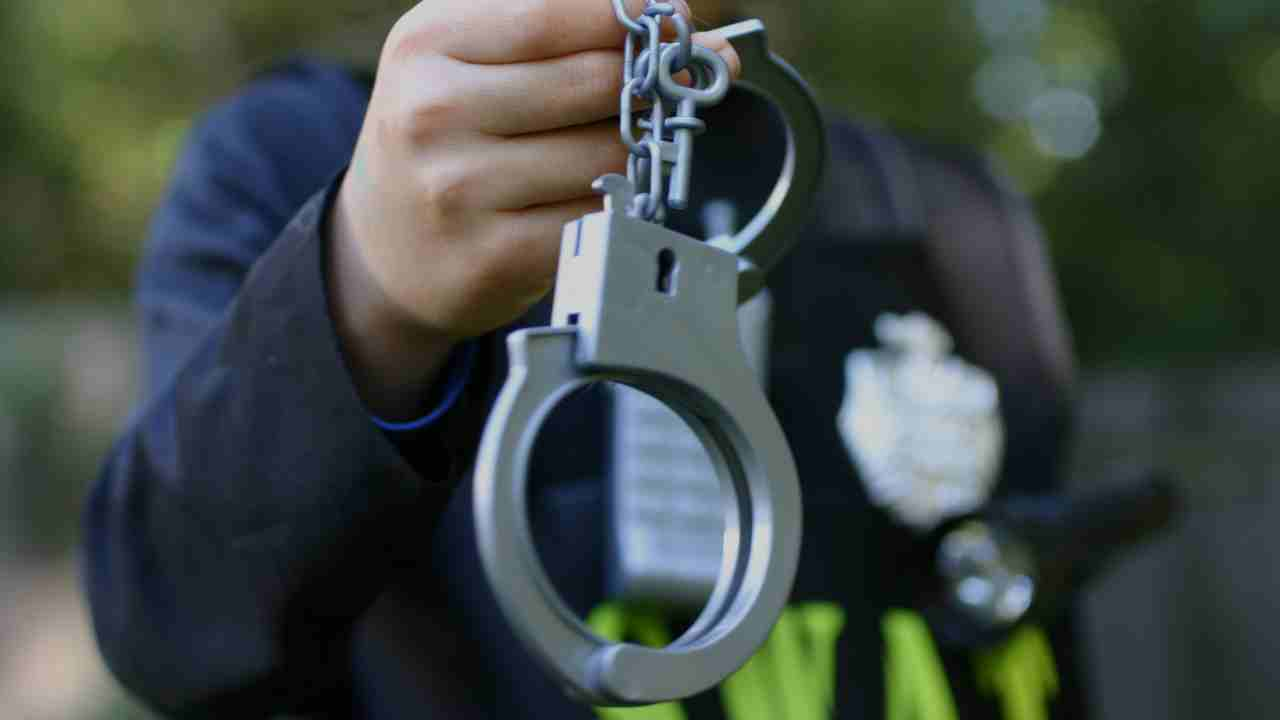Baton Rouge, LA — If you’re pulled over for using your phone while driving in Louisiana, you may wonder: can police legally search your phone during the stop?
As of August 2025, the answer is no—unless very specific conditions apply. A recently passed law, House Bill 519, offers clear protections for your digital privacy while also enforcing distracted driving laws.
New Distracted Driving Law Explained
House Bill 519 was designed to crack down on handheld phone use while driving in Louisiana. The law prohibits texting, browsing, and holding your phone while driving, with limited exceptions like emergency use or hands-free operation.
But crucially, lawmakers also included provisions to make sure the law doesn’t become a loophole for unjustified searches and seizures.
According to the statute, “a law enforcement officer shall not search, seize, view, or demand the forfeiture of a person’s mobile device based solely on a violation of this law.”
This means that if you are stopped for using your phone illegally, the officer can issue a citation or even a warning (until 2026), but they cannot ask to see your phone or search it without other legal justification.
No More Pretextual Searches
The law also explicitly bars police from using a cellphone violation as a pretext to conduct a broader search of:
- Your vehicle
- Your person
- Or your passengers
This limitation addresses long-standing concerns from civil rights groups about the potential for police overreach during routine traffic stops.
“This is a safeguard,” said one Louisiana civil liberties attorney, “against fishing expeditions that start with a broken taillight or a quick glance at a phone.”
When Can Police Search Your Phone Legally?
To conduct a lawful search of your phone during a traffic stop, police must meet additional legal standards, such as:
- Probable cause: Evidence or behavior that clearly points to a separate crime, unrelated to the cellphone violation.
- Search warrant: Issued by a judge, allowing access to your device.
- Consent: If you voluntarily allow the search (which you are not required to do).
Read Also: Can Indiana Police Search Your Phone During a Traffic Stop? Know Your Rights
Without meeting one of these conditions, an officer cannot force you to unlock your phone, demand passwords, or browse through your apps, messages, or call history.
What Should You Do If Asked?
If a police officer asks to search your phone, and you don’t wish to allow it, you can calmly and clearly say:
“I do not consent to a search of my phone.”
This statement protects your rights and ensures that any unlawful search may be challenged later in court.
You are, however, required by law to provide:
- Your driver’s license
- Your vehicle registration
- And proof of insurance
But beyond that, your digital device is protected—unless there’s a valid reason to suspect a different crime.
The Role of the Fourth Amendment
These state-level protections are supported by federal law, specifically the Fourth Amendment to the U.S. Constitution, which guards against unreasonable searches and seizures. In Riley v. California (2014), the U.S. Supreme Court ruled that police typically must obtain a warrant to search a cell phone—even after making an arrest.
That same principle applies in Louisiana traffic stops. Without probable cause or a warrant, an officer may not legally access your phone’s contents.
Digital Privacy Advocates Praise the Law
Privacy rights organizations have applauded Louisiana’s updated legislation for taking a balanced approach—addressing public safety concerns related to distracted driving while also protecting citizens’ privacy.
“This law makes it clear: a cellphone is not probable cause,” said a representative from the ACLU of Louisiana. “It shouldn’t open the door to invasive searches.”
Know Your Rights, Stay Informed
With the rise of smartphones, traffic stops are no longer just about expired tags or speeding. Digital rights are at stake—and knowing where you stand legally can help prevent unnecessary conflict or rights violations.
If you’re ever unsure, remember this: a cellphone law violation alone does not give police the authority to search your phone.
Have you ever been stopped and asked to unlock your phone? Tell us how you handled it in the comment section of newyorkdailygazette.com.








